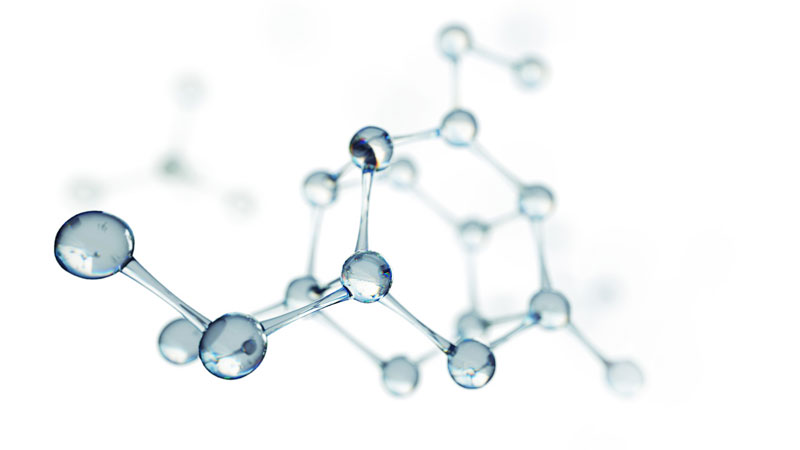Published:

Scientists at Heriot-Watt University have developed a new experiment that has revealed never-before-seen molecular behaviour.
A team of researchers led by Professor Matt Costen from the Institute of Chemical Sciences (ICS), have successfully made one of the most insightful tests of molecular forces ever performed.
This is a ground-breaking method, and one which allows us to gain a better understanding of molecular science.
Their findings are expected to lead to better predictions of what happens when molecules collide and how energy is distributed.
Dr Tom Sharples from the project team said: “This is a ground-breaking method, and one which allows us to gain a better understanding of molecular science. Molecular collisions are a fundamental process in nature: chemical reactions between molecules cannot happen without them coming into close contact with each other, and collisions are a key mechanism by which energy is dispersed in a system. Modelling high energy environments like flames and plasmas therefore relies on having highly-accurate models of individual molecular collisions.”
The experiments specifically study collisions between molecules in jets of gases called molecular beams. Through this collision process, scientists are able to accurately measure how the molecules are deflected, telling them about the forces acting between the molecules. Looking deeper, the team from ICS used laser radiation to force one of the sets of molecules to rotate in a particular direction. Once these molecules had collided, a second laser was used to observe what happens to the direction of rotation during the collision, a detail which is uniquely sensitive to the way molecules dance around one another as they collide.
Professor Matt Costen explained: “In principle, this methodology could be applied to many different collision systems, including ones in which reactions occur.
“We expect that it will be used to provide the most detailed insights into how molecules behave when they encounter one another. This will in turn improve our models of how chemistry happens on the molecular scale, which will make us better able to predict and control what happens during a chemical reaction.”
The findings were published yesterday in Nature Chemistry.